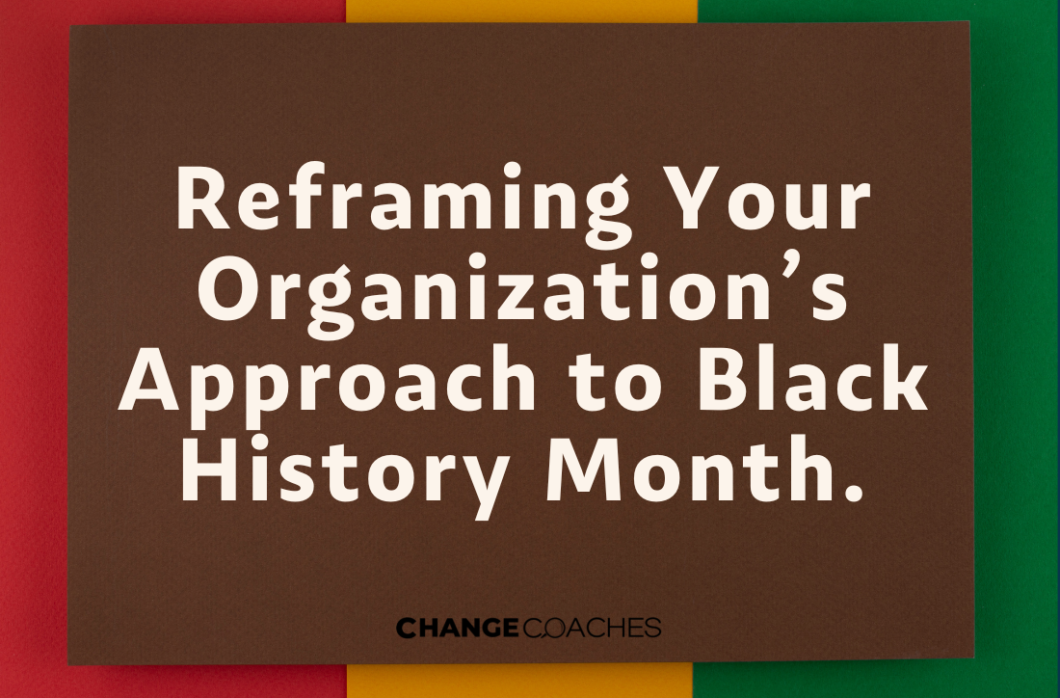We are in our third work week of Black History Month. Many of us are busy planning African-American themed events and posting photos of iconic black historians that helped move our country forward. Events are fun and social media posts feel good, but, where are all the conversations? Why are we so quick to schedule events and then shift back to autopilot? Conversations are way more engaging, right?
These inquiries take me back to the days when I was an ERG (Employee Resource Group) leader. Each year, we would create a calendar of events based on heritage months. If it was Women’s History Month, we would organize women speakers (or panels); in LGBTQ month, we would organize trips to the parade and, of course, during Black History Month, we would organize an event. An educational campaign would also typically run in parallel throughout each corresponding month.
The events were very interesting. There was always good food and networking. However, the conversations and new knowledge rarely spread outside of the attendees. Everyone quickly reverted back to business as usual. There wasn’t much longer-term value.
What if we replaced black history events with conversations? For example, instead of watching a documentary, why not have an organic discussion about what Black History Month means to individuals? Or, encourage managers to ask employees what’s on their mind?
We often avoid conversations like this as we fear that we will get “stuck” and not know what to say next. Or, we think that we may offend someone. Or, we may think “who am I to ask this question?” Or, maybe we even think the conversations are too basic. But, if you ask the question and listen intently to the answer, the conversation will be everything but basic.
I encourage everyone to try it. Before you start working on that next event, try asking at least one of these questions first:
- What’s on your mind?
- What should our objectives be for Black History Month?
- Describe some examples of when you have seen Black History successfully celebrated.
- What does Black History Month mean to you?
- How can we best show our organizational support of Black History Month?
You don’t have to have your responses canned and ready to go. Just be prepared to listen, and ask clarifying questions. The result: someone will remember that you valued what they had to say. They may be more likely to start future dialogues about the topics that you asked about. I promise that this is way more impactful than attending an event.
Do you have to get rid of the feel good events for this to work? No. But, pre- and post- conversations should be infused into them. Soon after adopting this approach, your perspective about what should happen during heritage months will be shifted from a focus on short-term, one time events to a bias towards, longer-term, authentic conversations. The first step is simply trying out a new approach with no expectations.

